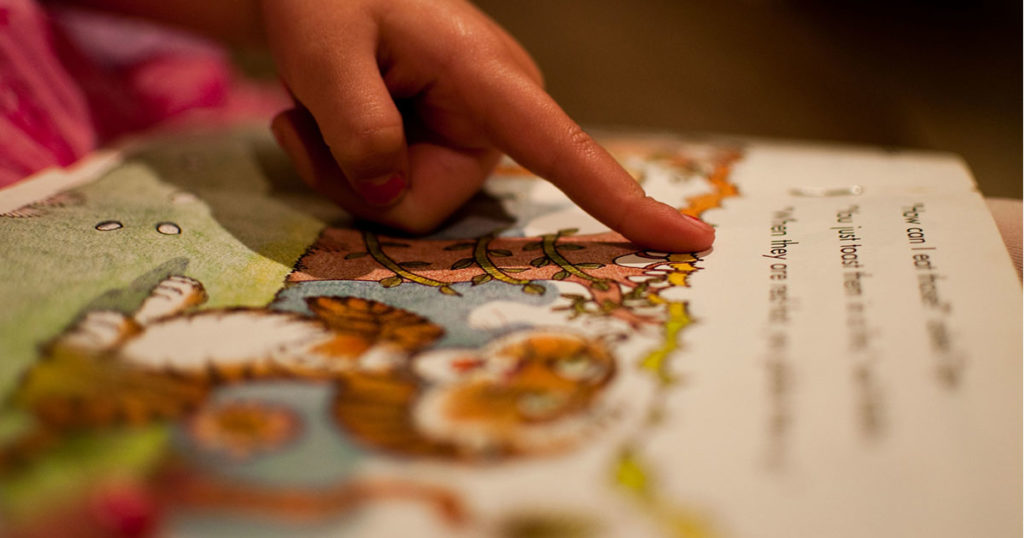
I’ll ask my students if their mothers or fathers read to them, and the response is usually a skeptical shake of the head, as if to suggest that the question is crazy. Even the younger children, 10 or 11, who say they got an occasional bedtime story never had someone read to them regularly, as my mother read to my brother and me, all through our childhoods and into our teen years. Well, I’ll tell my students, reading aloud is wonderful and beats TV anytime. Some of the students will nod sympathetically, but many will smirk, as if I’ve suggested cooking over a campfire or washing in a river or traveling by wagon train beats a stove, a hot shower, or a sports car zipping along a well-paved road. I must be not only foreign in their eyes but hopelessly sunk in the deep past. That’s how I interpret their look. Ha! That look gives them away as hopelessly modern. I don’t ask what they watch because the names of the shows are in Spanish, but I’m sure it won’t be the kind of program to inspire appreciation for a good, clean, honest past, such as Little House on the Prairie, a big hit in Spain when it aired here 30 years ago.
I never watched Little House on the Prairie. Why would I? My mother had already read aloud the whole series of Laura Ingalls Wilder books to me and my brother, along with all those hundreds of others over the years of my childhood. The reading happened so regularly that any particular memories have morphed into one general sense of cookies, tea, and stories.
When my mother took up each afternoon, she first asked us who remembered the last thing that happened. My brother and I competed to remember first, piping up with the answer even as the details were being delivered from our memories to our tongues. Yes, my mother would invariably agree. Then, for good measure, she would reread the last line from the day before, followed by the first line of the new day. Taking up where we’d left off was that easy. So was stopping when, some time later, my mother would raise her eyes from the page and say that we’d come to a good stopping place. She closed the book. The next day we would take up again where we’d left off.
This spring, after moving into a new house, I found that taking up where I’d left off was not that easy. New surroundings might explain the difficulty in the return to routine. Get dressed in the morning and undressed in the evening, brush my teeth, sleep—for all these perfectly routine acts, the utensils and paraphernalia were out of place or missing. Where’s my toothbrush? What did I do with the linen? The soap? My supply of contact lenses? But even worse, the places themselves were out of place, the hall different, the bedrooms different, the living room and kitchen totally strange. The reminder was not abrupt, the way it is when you raise your eyes to a mirror that no longer occupies the usual spot or check the time on a wall clock that is now on a different wall. Instead, as I moved through the new house, I didn’t know what world I was in. I was at loose ends. How could I take up where I’d left off now that I was in a different world?
I’d had no trouble as a child immersing myself instantly in the world of the story. And even if we’d left off reading in the kitchen but took it up in the living room, I had no trouble. Is it possible, I am going to be asking myself over the coming days and months as I become accustomed to different stairs, smaller kitchen, new views—is it possible that my habits of living, from the thoughts I entertain to the activities I chose and the food I prepare, are not details of my story but parts of just a story, one of many I could be living, nothing special and nothing definitive, just the current one?

